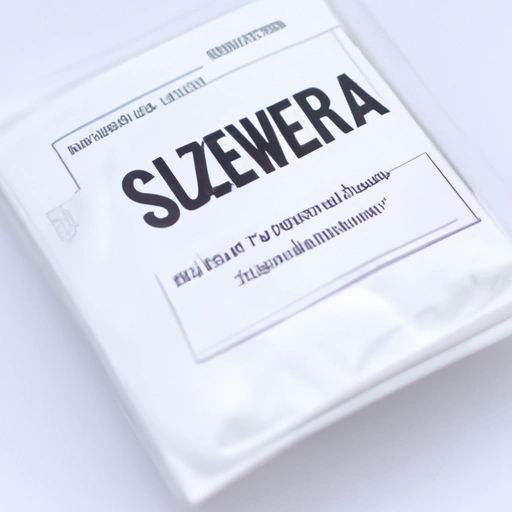Artificial Sweetener
Description

Artificial sweeteners are synthetic sugar substitutes often derived from naturally occurring substances, including herbs or sugar itself. These sweeteners are sweeter than sugar but contribute significantly fewer calories to foods, making them a popular choice for weight management and for individuals with diabetes. They are used in a variety of food products, including beverages, baked goods, candy, and dairy products.
Common uses
Artificial sweeteners are commonly found in diet sodas, sugar-free chewing gums, low-calorie desserts, and as tabletop sweeteners. They are also used in various processed foods, including yogurt, ice cream, and condiments.
Nutritional value
Calories
Most artificial sweeteners have zero or very few calories per gram, making them a desirable alternative to sugar for those monitoring caloric intake.
Protein
Artificial sweeteners do not contain protein.
Fat
Artificial sweeteners are typically fat-free.
Carbohydrates
While some artificial sweeteners may have a minimal amount of carbohydrates, they generally do not affect blood sugar levels like regular sugar does.
Vitamins
Artificial sweeteners do not provide vitamins.
Minerals
Artificial sweeteners do not contain minerals.
Health benefits
Artificial sweeteners can be beneficial for weight management and for those with diabetes as they do not contribute to rises in blood sugar levels. They may also help in reducing dental cavities compared to sugar-sweetened foods.
Potential risks
Some studies suggest that excessive consumption of artificial sweeteners may have negative effects on metabolism, gut health, and even appetite regulation. However, the evidence is mixed, and health authorities consider them safe when consumed within established guidelines.
Common recipes
Artificial sweeteners are used in a variety of recipes such as sugar-free desserts, low-calorie beverages, and diabetic-friendly dishes.
Cooking methods
They can be used in baking, cooking, and as a direct substitute for sugar in recipes, although the conversion is not always 1:1. It is important to check the specific conversion rates for each sweetener, as they vary in sweetness.
Pairing with other ingredients
These sweeteners pair well with acidic fruits, dairy, and are often used to sweeten teas and coffees.
Summary
Artificial sweeteners offer a low-calorie alternative to sugar, suitable for various diets and culinary applications. While they are generally considered safe, moderation is key, and it is important to be aware of individual tolerance and dietary needs.